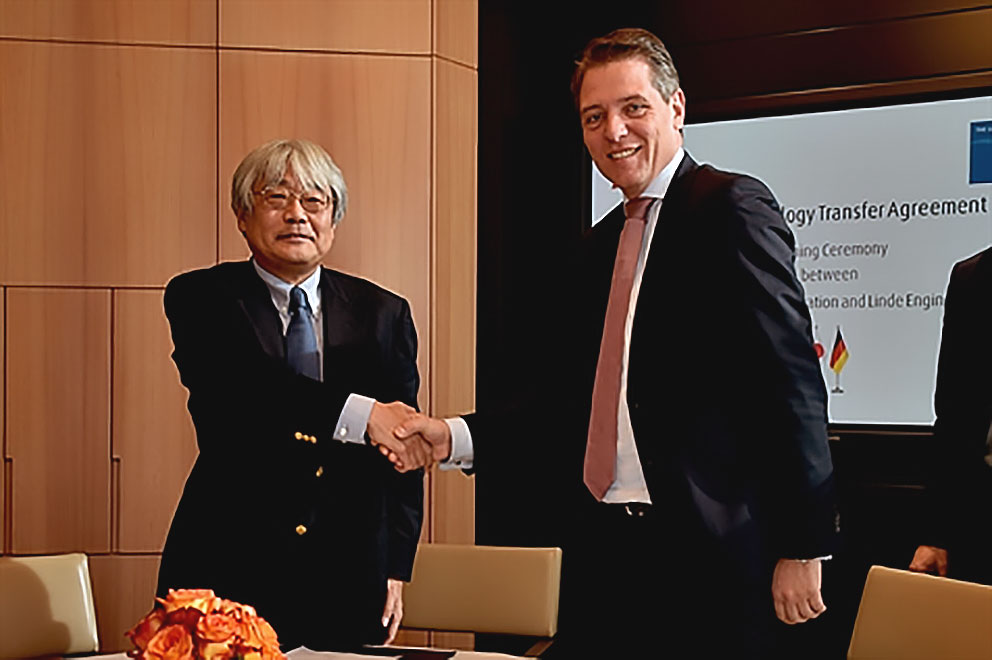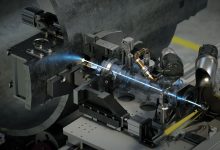MCC to transfer HDA technology to Linde Engineering
The Engineering Division of The Linde Group and Mitsubishi Chemical Corporation (MCC) have concluded a definite agreement for transfer of MCC’s Hydrodealkylation (HDA) technology to Linde.
For more than 45 years, MCC’s cutting edge HDA process has been deployed and successfully operated in a number of commercial plants.
The HDA technology mainly converts toluene and other aromatic components into high purity benzene. This can be leveraged for maximizing the overall benzene yield in olefin plants, e.g. steam crackers.
In addition, HDA technology can also be implemented for a variety of refinery applications. Benzene is one of the most widely used chemicals involved in manufacturing of daily use products such as detergents, plastic and rubber.
“We are very excited about MCC having given us the opportunity to further expand our portfolio adjacent to the steam cracker technology. MCC’s HDA technology will facilitate our world class go-to-market licensing strategy. Our primary objective is to provide optimized and highly integrated HDA applications to the petrochemicals industry for both revamps or expansions at existing ethylene plants as well as for new world scale petrochemical complexes,” said John van der Velden, Managing Director, Linde Engineering Division.
The technology transfer to Linde is expected to be completed by June this year. Based on Linde’s long-standing and leading expertise in olefin plant design, engineering and construction, Linde now offers HDA technology solutions with best in class economic performance.
About MCC
Established in 2017 and headquartered in Tokyo, Mitsubishi Chemical Corporation, by merger of old Mitsubishi Chemical Corporation, Mitsubishi Plastics, Inc. and Mitsubishi Rayon Co., Ltd. MCC, is Japan’s major chemical company and offers a wide variety of products and solutions in two business domains ― performance products and industrial materials. MCC believes ‘sustainability,’ ‘health,’ and ‘comfort’ are key words in 21st century society, and aim to amalgamate the line-up of products and technologies into power of ‘chemistry’ that can help reduce CO2, for example, and greatly contribute to solving the problems that face the global society.







